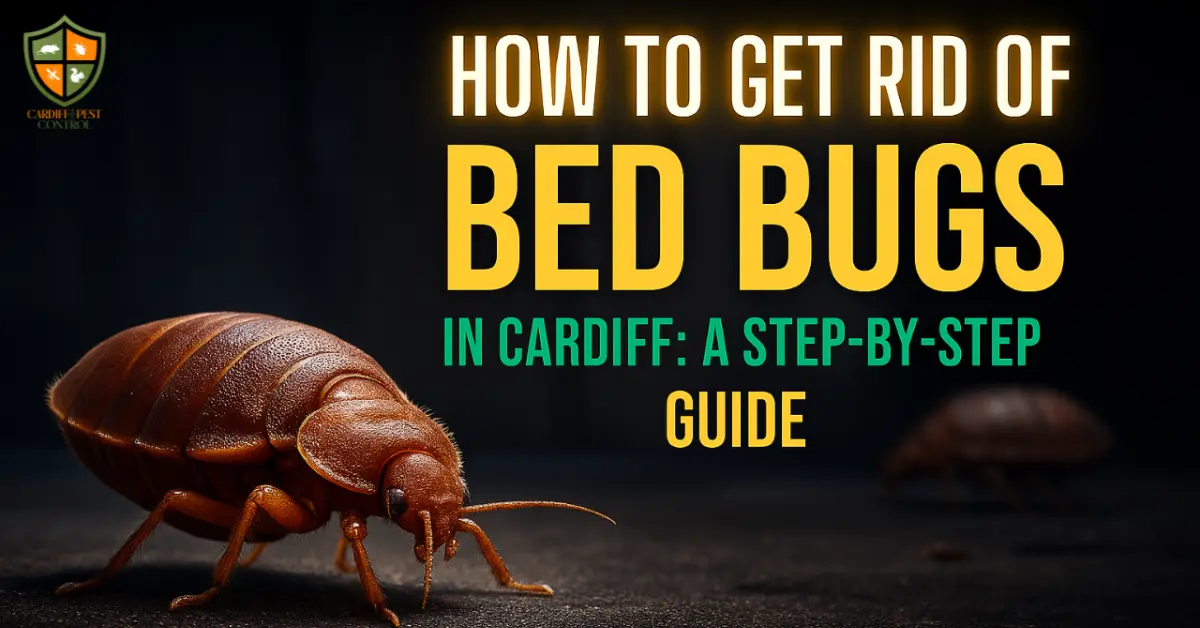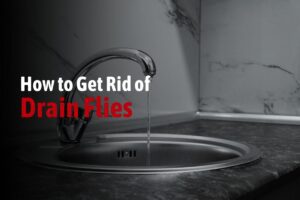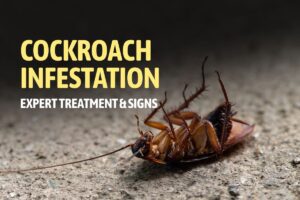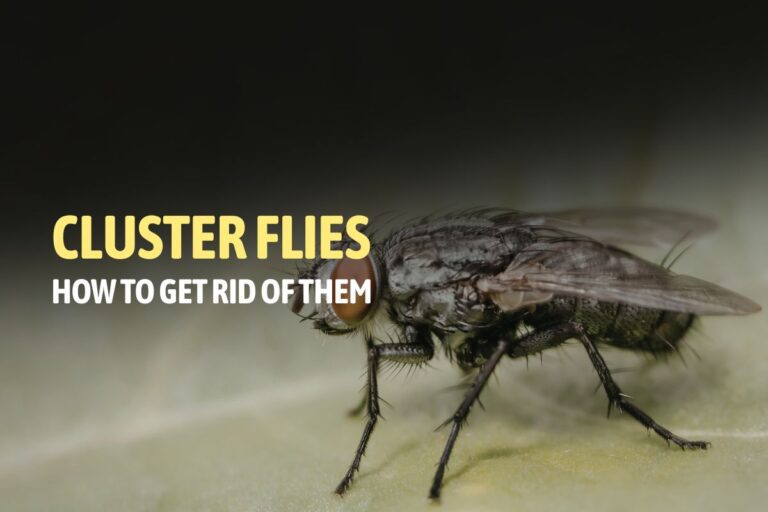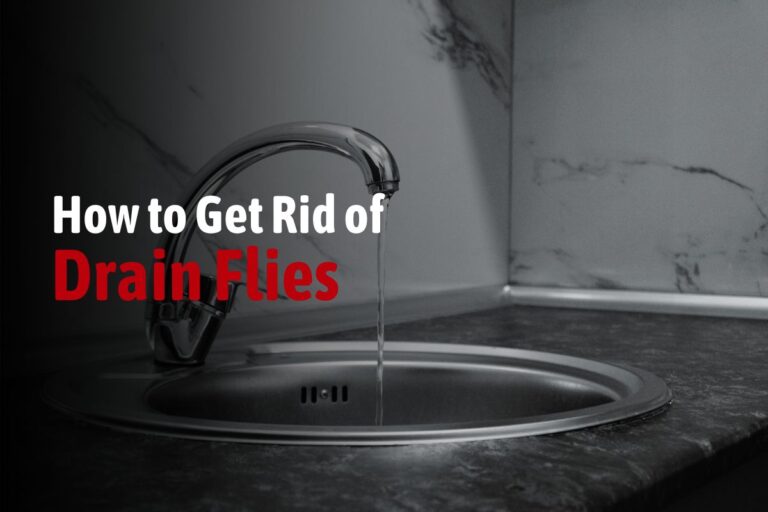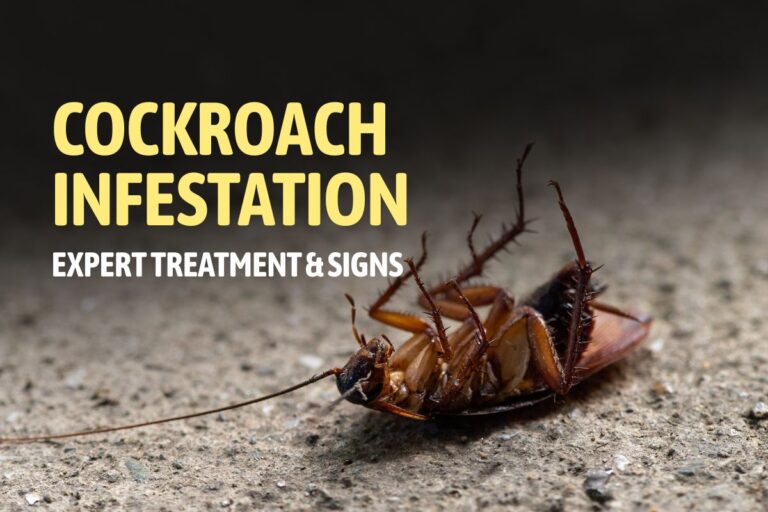Table of Contents
ToggleBed bugs are small but incredibly troublesome pests that can disrupt your home life. If you’re living in Cardiff and struggling with a bed bug infestation, you’re not alone. These nocturnal creatures can spread quickly and cause significant distress if not dealt with effectively.
In this blog, we will explore how to get rid of bed bugs in Cardiff, providing a step-by-step approach to treating and preventing these pests.
What Are Bed Bugs?
Bed bugs are small, reddish-brown insects that feed on the blood of humans and animals. They are nocturnal, meaning they come out at night to bite their hosts, typically while they are sleeping. Bed bugs are flat and oval-shaped, about the size of an apple seed, and they can be difficult to spot unless you know what to look for.
Where Do Bed Bugs Come From?
Bed bugs are excellent hitchhikers, often entering homes through second-hand furniture, luggage, clothing, or other personal belongings. They are commonly found in places with high human traffic, such as hotels, public transportation, or even workplaces. Once inside your home, they can quickly spread to bedrooms, living rooms, and even cracks in the walls. Cardiff, like many urban areas, can be prone to bed bug infestations due to its bustling tourism and high foot traffic.
Signs of Bed Bugs in Your Cardiff Home
Before you can get rid of bed bugs, it’s important to recognize the signs of an infestation. Here are the most common indicators:
- Bites on Skin: The most obvious sign of a bed bug infestation is waking up with small, red, itchy bites. These bites often appear in clusters or in a line on exposed skin areas.
- Blood Stains on Sheets: Bed bugs feed by piercing the skin of their hosts, and you may notice small blood stains on your sheets or pillowcases after they bite you.
- Musty Odor: If you notice a musty or sweet, almost almond-like odor in your bedroom, it could be a sign of bed bugs. This scent is emitted from their glands and becomes more noticeable when there is a significant infestation.
- Live Bed Bugs: If you spot live bed bugs, they are usually hiding in cracks and crevices in your bed, furniture, or walls. Bed bugs prefer dark, secluded spots during the day.
- Bed Bug Shells and Eggs: You may find discarded bed bug shells or tiny, translucent eggs in areas where bed bugs are hiding.
If you’re unsure whether you have bed bugs, learn how to spot bed bugs early for better identification.
Step-by-Step Guide how to Get Rid of Bed Bugs in Cardiff
Step 1: Preparation
Before starting any treatment, proper preparation is essential to maximize the effectiveness of your efforts.
- Declutter: The first step is to remove unnecessary clutter from the affected area. Bed bugs love to hide in dark, tight spaces like piles of clothes, old newspapers, and under furniture. By decluttering, you’ll reduce potential hiding spots and make it easier to treat the area.
- Wash Fabrics: Bed bugs can hide in your sheets, clothing, and curtains. Wash all of these fabrics in hot water (above 60°C) to kill any eggs or bugs present. After washing, dry them on high heat for at least 30 minutes to ensure complete eradication.
- Vacuum: Thoroughly vacuum all areas of the affected rooms, including the mattress, carpets, and baseboards. Be sure to focus on areas where bed bugs are likely to hide, such as seams of the mattress and behind furniture. Dispose of the vacuum bag immediately in a sealed plastic bag to prevent bed bugs from escaping.
Step 2: DIY Bed Bug Treatments
While professional bed bug treatment is often necessary for severe infestations, there are a few DIY methods you can try:
- Heat Treatment: Bed bugs are sensitive to heat and cannot survive temperatures above 60°C. You can use a steam cleaner on your mattress, baseboards, and furniture. For smaller items, such as clothing or toys, you can place them in the dryer on the highest setting for at least 30 minutes.
- Diatomaceous Earth: Diatomaceous earth is a natural powder that is safe for humans and pets but lethal to bed bugs. It works by dehydrating the insects. Sprinkle the powder around the infested areas and leave it for a few days before vacuuming it up.
- Essential Oils: Some essential oils, such as tea tree, lavender, or eucalyptus, are believed to repel bed bugs. While these oils may help to deter bed bugs, they should be used alongside other methods for more effective results.
Step 3: Professional Bed Bug Extermination
For larger or more persistent infestations, professional bed bug treatment is often necessary. Pest control experts have access to advanced treatments and equipment that are much more effective than DIY solutions. Here’s what you can expect from a professional bed bug treatment:
- Inspection: A pest control expert will begin by inspecting your home to assess the level of infestation. They’ll check common hiding places such as cracks in walls, behind the headboard, and in the seams of the mattress.
- Treatment: Depending on the severity of the infestation, the pest control expert may use one or more treatments, including chemical sprays, heat treatment, or fumigation. Some pest control companies use eco-friendly options to ensure your safety and the environment.
- Follow-Up: After the initial treatment, a follow-up visit may be required to ensure that all bed bugs have been eradicated. Bed bugs can be resilient, so it’s important to have a professional assess the situation after the treatment.
Preventing Bed Bug Reinfestation
Once you’ve gotten rid of bed bugs, it’s crucial to prevent them from coming back. Here are some essential preventive measures:
- Seal Cracks and Crevices: Bed bugs can squeeze into even the tiniest cracks. Make sure to seal any gaps in walls, baseboards, and around windows and doors to block their entry.
- Protect Your Mattress: Use a bed bug-proof mattress cover. These covers trap any bed bugs inside and prevent new ones from infesting your bed.
- Inspect Second-hand Furniture: If you purchase second-hand furniture or mattresses, thoroughly inspect them for bed bugs before bringing them into your home.
- Regular Inspections: Periodically check your home for signs of bed bugs, especially when returning from trips or after buying used items. Regular Inspection is key to preventing an infestation.
How Much Does Bed Bug Extermination Cost in Cardiff?
The cost of bed bug extermination in Cardiff can vary depending on factors such as the size of your home, the severity of the infestation, and the method of treatment. On average, you can expect to pay anywhere from £150 to £500 for a professional bed bug treatment. Larger homes or severe infestations may cost more.
It’s important to weigh the cost of treatment against the potential damage and discomfort an infestation can cause. Opting for professional bed bugs extermination services is often a worthwhile investment to ensure your home is free from pests.
Conclusion
Getting rid of bed bugs in Cardiff doesn’t have to be an overwhelming task. With the right approach, including early detection, DIY treatments, and professional help, you can successfully eliminate these pests from your home. Always act quickly, as bed bugs multiply rapidly and can become harder to manage over time.
If you’re struggling with a bed bug infestation, don’t hesitate to contact Cardiff Pest Control for expert advice and professional pest control services. Your comfort and peace of mind are just a call away!
FAQs
1. How can I tell if I have bed bugs in my Cardiff home?
Look for bites, blood stains on your sheets, a musty odor, or the presence of live bed bugs. If you’re unsure, consider contacting a pest control professional for an inspection.
2. Can I get rid of bed bugs on my own?
While DIY methods like heat treatment and diatomaceous earth can help, professional bed bug removal is usually the most effective solution for severe infestations.
3. How long does bed bug treatment take?
The length of treatment depends on the size of your home and the severity of the infestation. Professional treatments typically take a few hours to a day.
4. How can I prevent bed bugs from coming back?
Seal cracks and crevices, use a bed bug-proof mattress cover, inspect second-hand furniture, and regularly check for signs of bed bugs.

